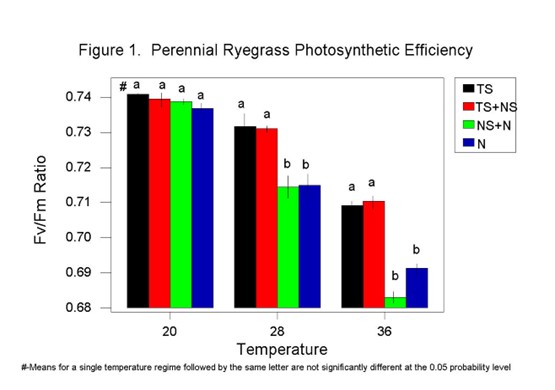Allies Against Heat: How Biostimulants Protect Your Crops
Heat stress in agricultural crops is an increasingly relevant challenge due to climate change and the rise in extreme temperatures across various regions of the planet. When temperatures exceed certain critical thresholds for prolonged periods, heat stress is triggered, significantly disrupting plant metabolism, reducing yields, and affecting the final quality of the harvest.
The physiological effects of heat stress on plants are diverse and critical. These include reduced photosynthesis, stomatal closure to limit water loss, and the production of reactive oxygen species (ROS), which cause cellular damage. These defence mechanisms entail a high energy cost, diverting essential resources needed for plant growth and development.
In this context, the use of amino acid-based biostimulants emerges as an effective and innovative strategy to mitigate the adverse effects of extreme heat. Amino acids, fundamental components of plant proteins, play a key role in regulating abiotic stress, including heat stress.
These biostimulants offer several specific advantages:
- Osmotic protection: Amino acids act as compatible solutes, stabilising cellular and protein structures in the face of abrupt temperature changes. This promotes intracellular water retention and enhances the resilience of plant tissues during prolonged heat periods.
- Antioxidant protection: Amino acids such as proline, glycine betaine, and arginine possess antioxidant properties that reduce the damage caused by ROS. As a result, plants are able to maintain higher photosynthetic efficiency and more balanced development, even under adverse thermal conditions.
- Energy saving: By directly supplying key compounds for metabolic pathways involved in stress response, these biostimulants allow plants to conserve energy and allocate it to maintaining crop yield and quality.
Numerous field trials support these benefits. Applications of amino acid-based biostimulants in crops such as vines, citrus fruits, tomatoes, and cereals have shown a significant reduction in damage caused by prolonged heat episodes. Products developed by Bioiberica – Plant Health have proven particularly effective in enhancing crop resilience and productivity under thermal stress conditions.
A noteworthy example is the trial conducted at Penn State University, where Ryegrass turf treated with Terra-Sorb® foliar and exposed to temperatures of 28–36°C showed significantly higher photosynthetic efficiency (Fv/Fm) compared to untreated controls. This difference demonstrates the product's ability to buffer the effects of heat stress under real-world conditions.

In conclusion, the strategic use of amino acid-based biostimulants offers a technical, effective, and sustainable solution to the growing challenge of heat stress. It is an essential tool enabling farmers to safeguard crop health and maintain productivity in an increasingly demanding climate.

